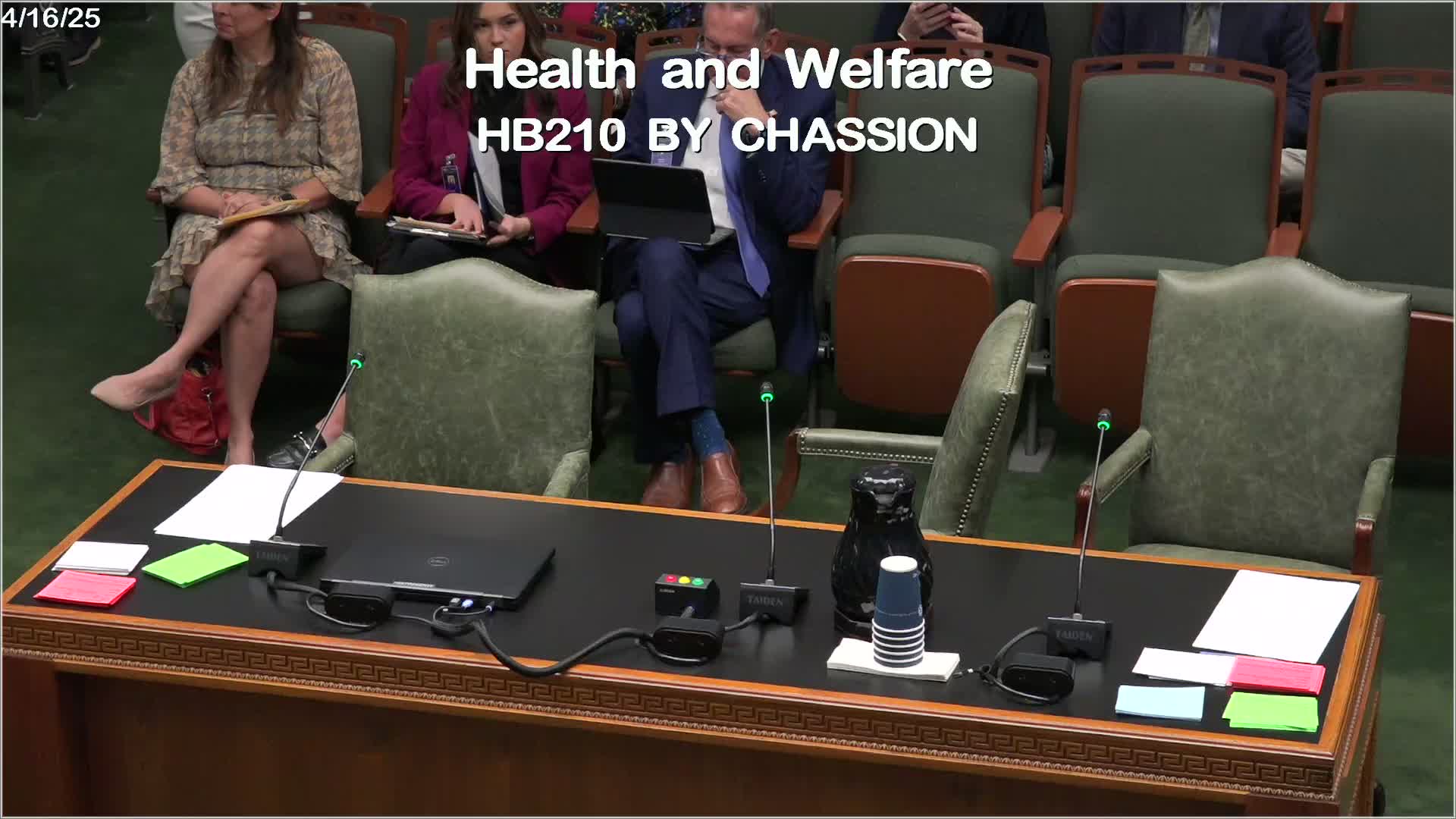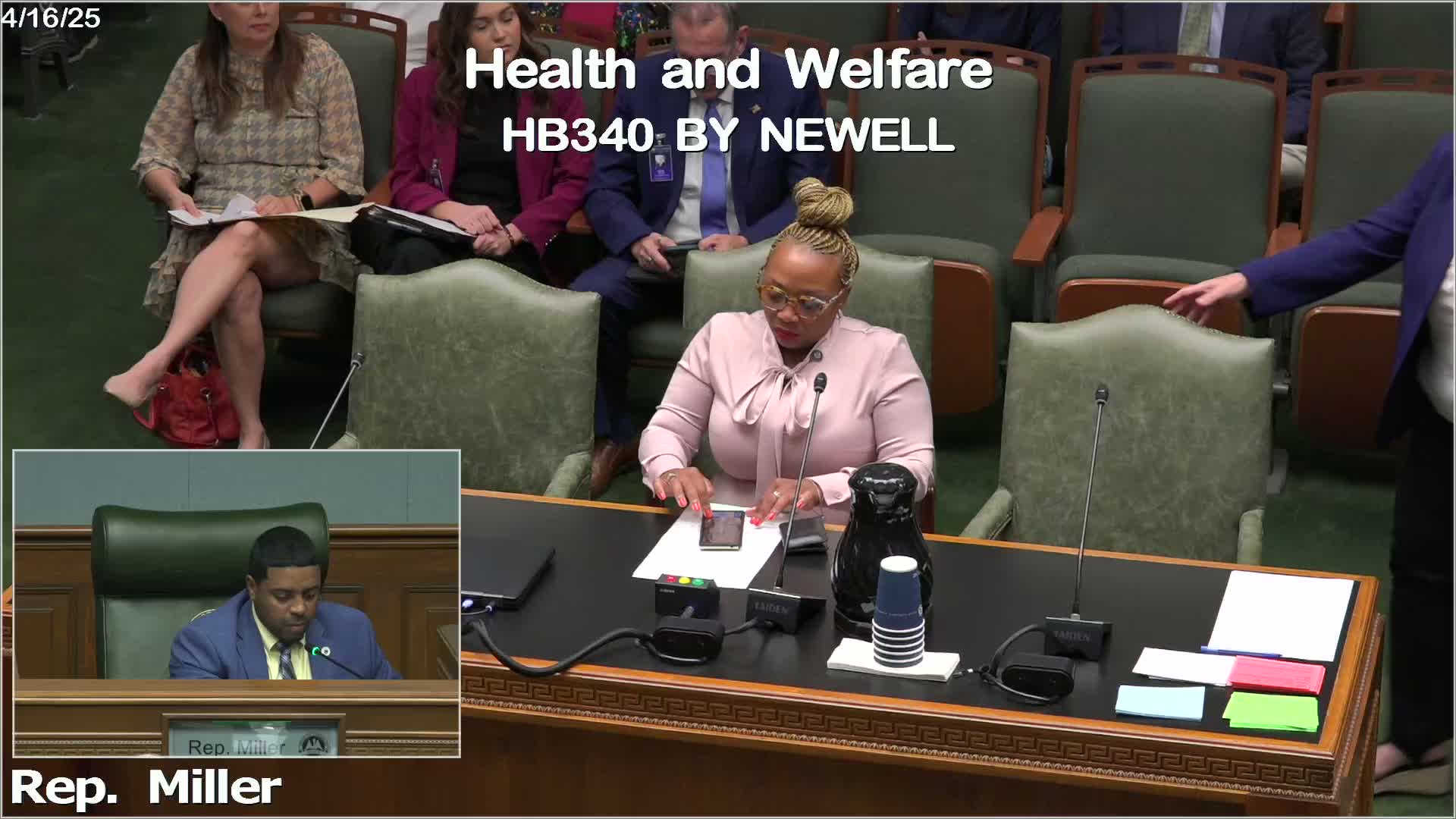Article not found
This article is no longer available. But don't worry—we've gathered other articles that discuss the same topic.

Committee endorses interstate compact for dentists and hygienists

Committee advances kratom regulation bill after hours of debate and testimony

Committee approves bill letting notaries request death certificates for low‑value successions

Committee clears bill loosening supervision limits for physical therapy assistants

Panel advances bill to set retention rules for prescription-monitoring audit trails

Committee OKs updates to Drug Policy Board membership, language

